At least 18 people were killed and dozens more injured in two separate attacks that struck Colombia on the same day, marking one of the most serious security crises in decades. A car bomb in Cali killed six people and left more than 60 wounded, while a drone strike on a police helicopter near Medellin claimed 12 lives.
Authorities have attributed the attacks to dissident factions of the defunct Revolutionary Armed Forces of Colombia (Farc), raising new concerns about the fragility of Colombia’s peace process ahead of national elections.
Twin Attacks in Cali and Amalfi Expose Colombia’s Escalating Security Challenges
The car bomb exploded near the Marco Fidel Suarez Military Aviation School in Cali, destroying nearby homes and killing civilians on the street. Cali’s mayor, Alejandro Eder, imposed martial law in the city and announced restrictions on large trucks while offering a $10,000 reward for information about the perpetrators.
Defence Minister Pedro Sánchez labeled the explosion a “terrorist attack” and accused the cartel led by Farc commander Ivan Mordisco of orchestrating the assault as retaliation against government crackdowns on drug trafficking.
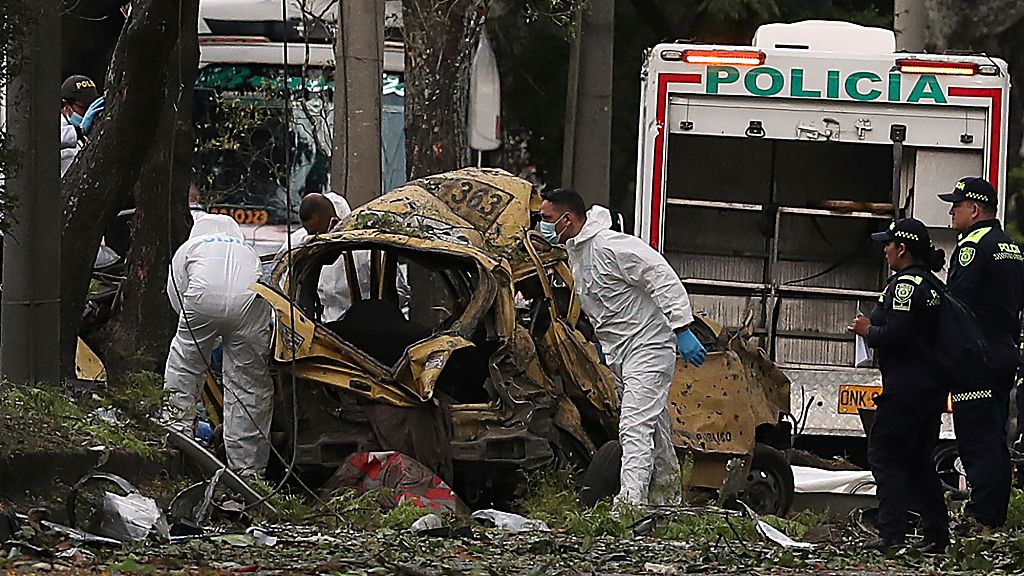
Earlier in the day, a police helicopter was struck by a drone while on a mission to eradicate coca crops in Amalfi, near Medellin. The strike caused the aircraft to crash, killing all 12 officers aboard. Images circulating online showed black smoke rising from the forested crash site.
President Gustavo Petro condemned the incident and confirmed the attack was carried out by the EMC guerrilla group, the largest Farc splinter organization. The strike highlighted the growing use of drones by armed groups to challenge Colombian security forces.
Colombia Confronts Rising Violence as Government Strengthens Security Measures Against Armed Groups
In response to the twin attacks, Colombia’s president, defence officials, and military leaders announced an emergency security council meeting to strengthen citizen protection. The Ministry of Defence declared that “the state will not yield to terrorism,” promising full legal punishment for those responsible.
Officials emphasized that these actions reflect desperate measures by armed groups losing territorial and financial control over lucrative drug trafficking routes in regions such as Valle del Cauca, Cauca, and Nariño.
The latest attacks add to a troubling escalation of violence across Colombia in recent months. Armed groups, drug cartels, and Farc dissidents have intensified clashes with security forces, often using advanced tactics such as drone bombings.
Official data shows 115 drone attacks were recorded in 2024, most carried out by illegal armed groups. Just last week, three soldiers died in a drone strike in the country’s southwest. With elections approaching and peace efforts under strain, Colombia faces a renewed challenge in confronting resurgent guerrilla violence and drug-linked terrorism.

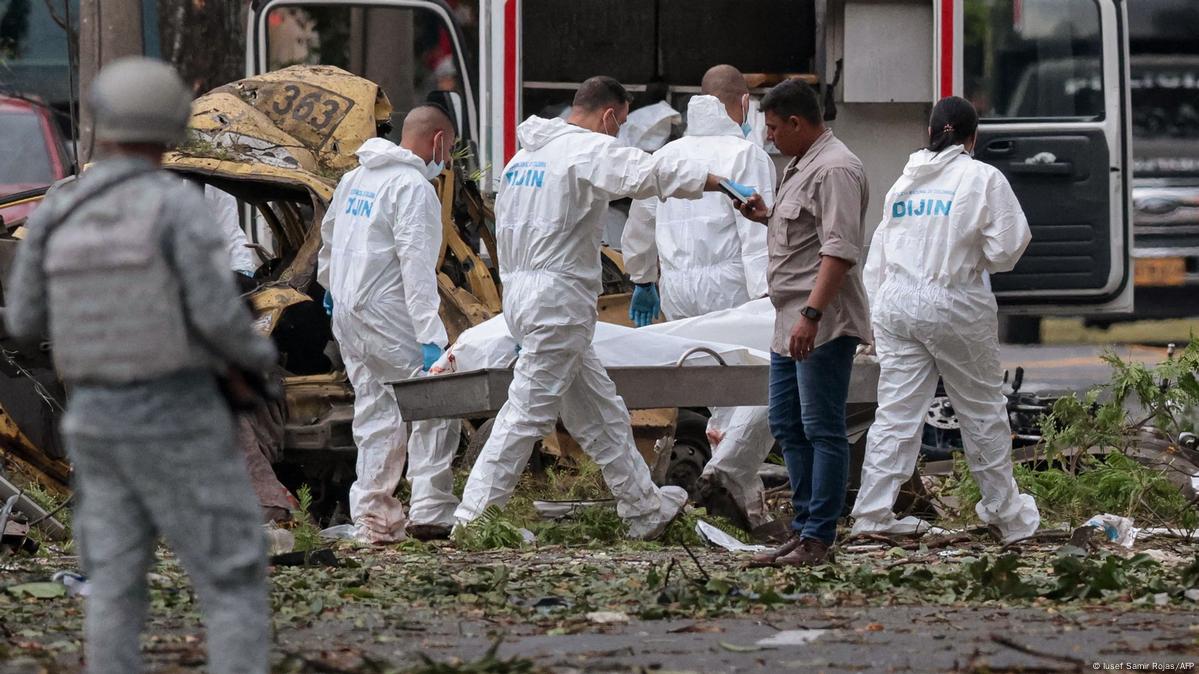






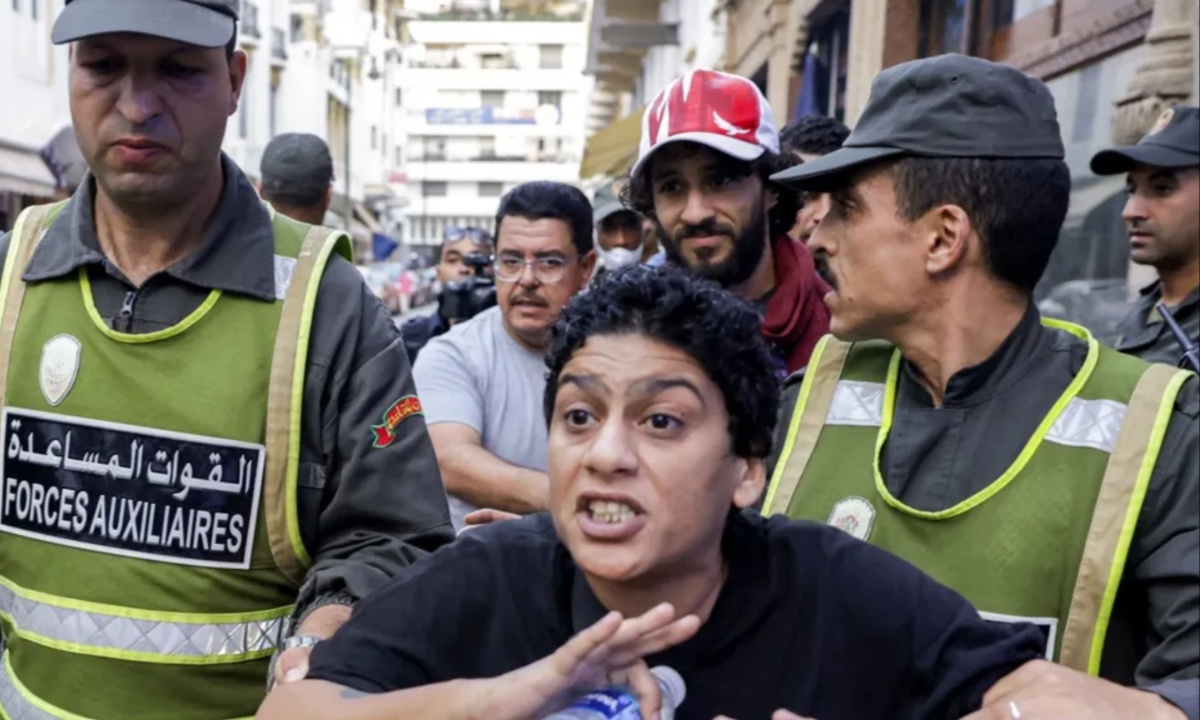
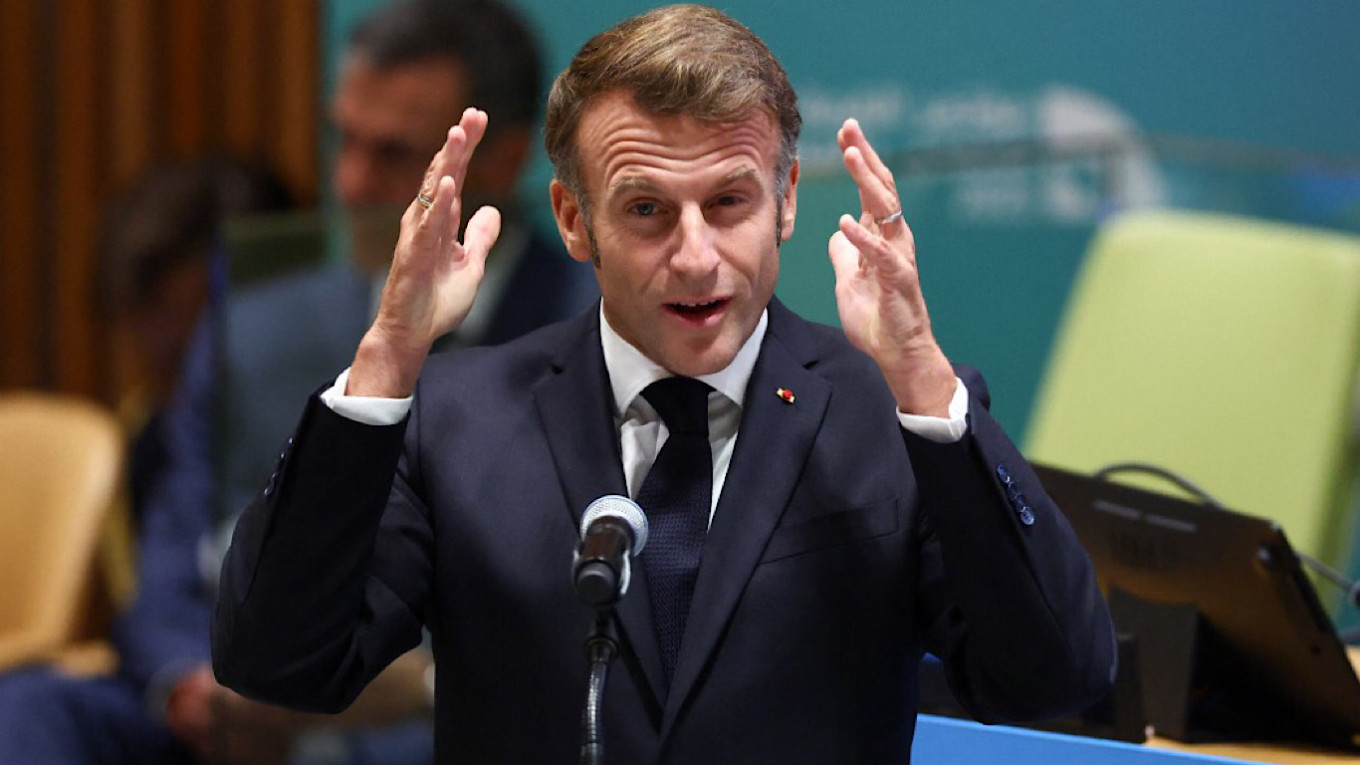
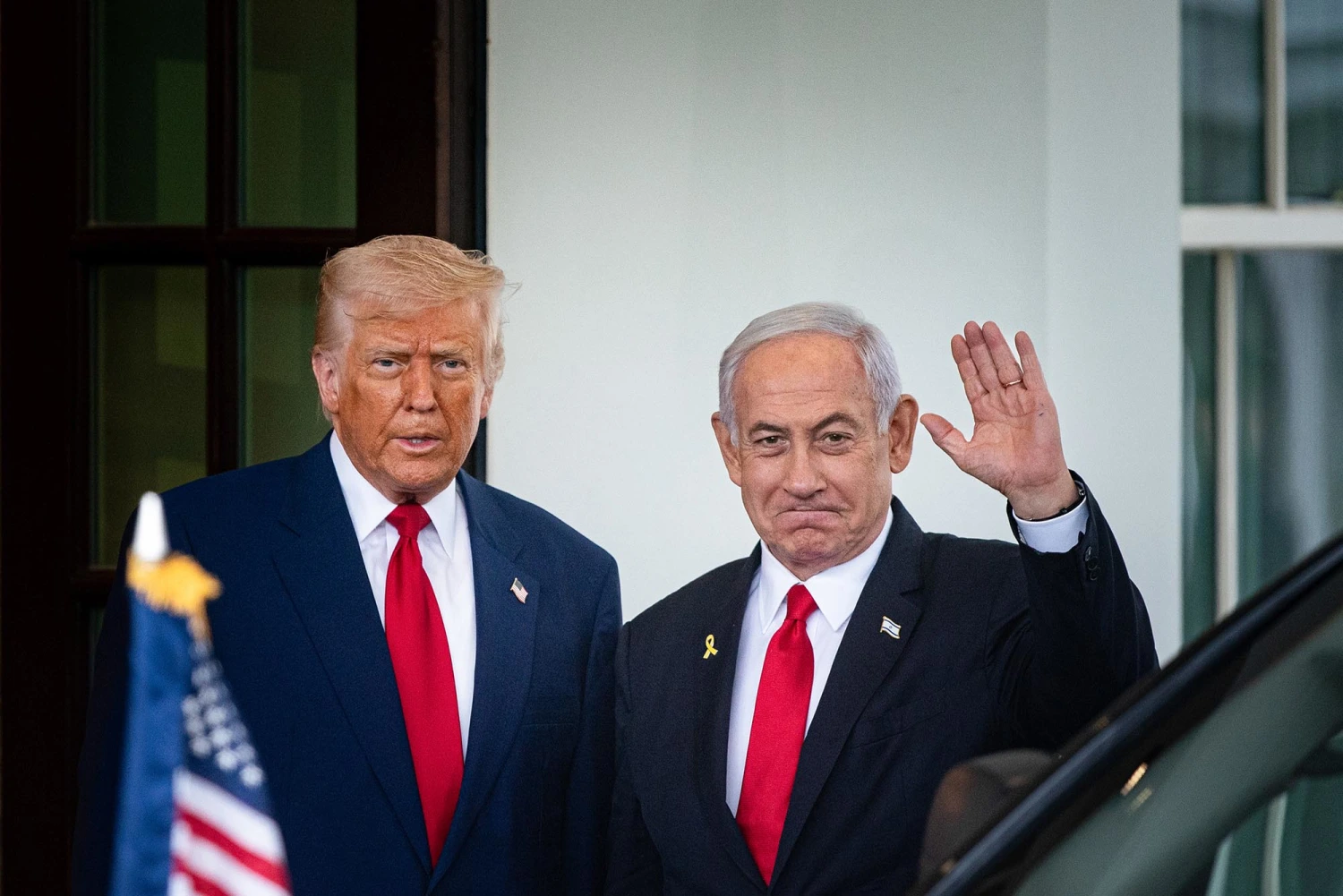
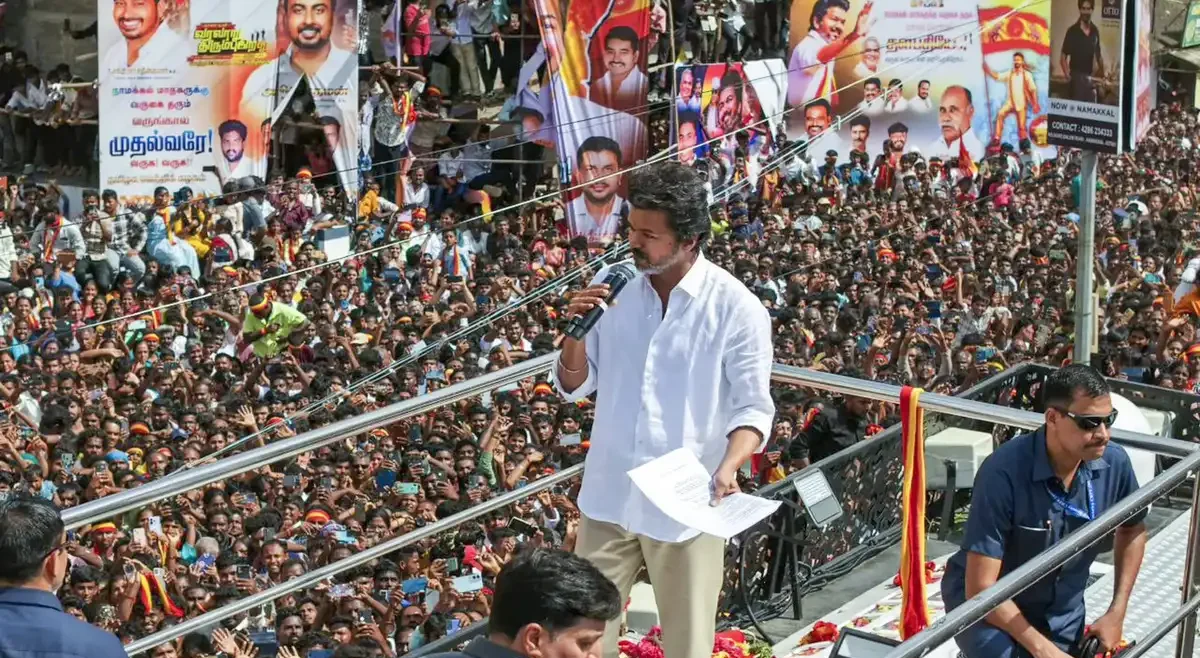
Leave a Reply